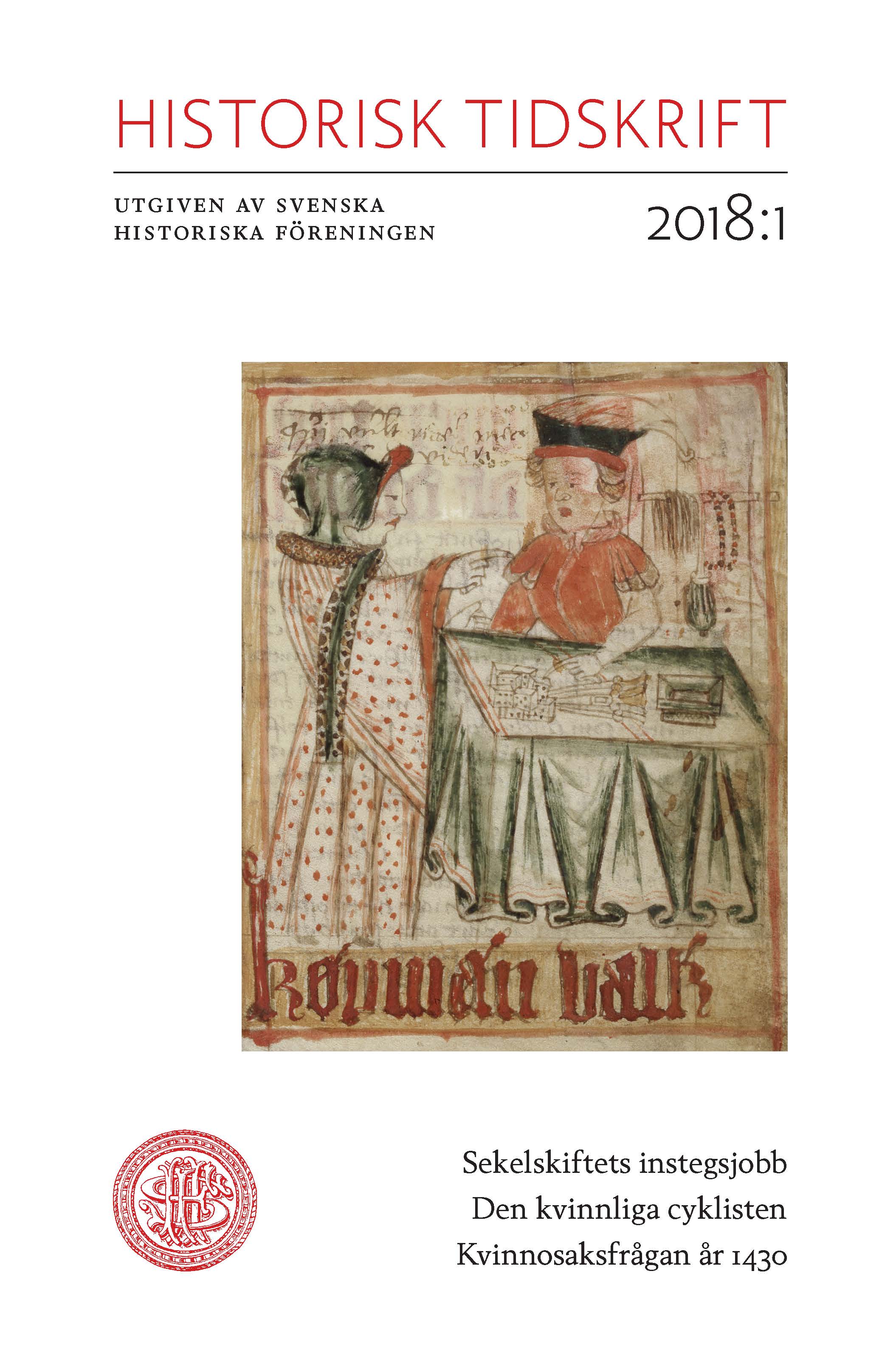Abstract
Searching for the errand boy: Youth jobs and social networks at the turn of the nineteenth century
During the decades around 1900 increasing numbers of young men and women in Sweden worked as errand boys and girls. There are diverging ideas in the literature of what these jobs actually meant. Some scholars regard them as the starting point of a future career, others as ”dead-end jobs”. This article investigates and discusses the errand boy job with regard to recruitment and career prospects. Drawing on theories of social capital and social networks, we analyze three volumes of workers’ memories published by the Nordic Museum, namely: workers in commerce, municipal workers and workers in the woodworking industry. The informants in our sample typically entered the labour market in the late nineteenth and early twentieth century. Our study reveals the diversity of experiences of young people in the labour market. We find examples of family-based recruitment (strong ties) among municipal workers and in the woodworking industry, but not among commercial workers. Compared to apprenticeships, young men could be attracted to working as errand boys by higher wages. The errand boy job content could include learning and we find examples of mobility into and from apprenticeships. In the studied setting, the position as errand boy was hardly a dead-end job. The reviewed evidence instead suggests that errand boys could form networks that were useful in their future careers.

